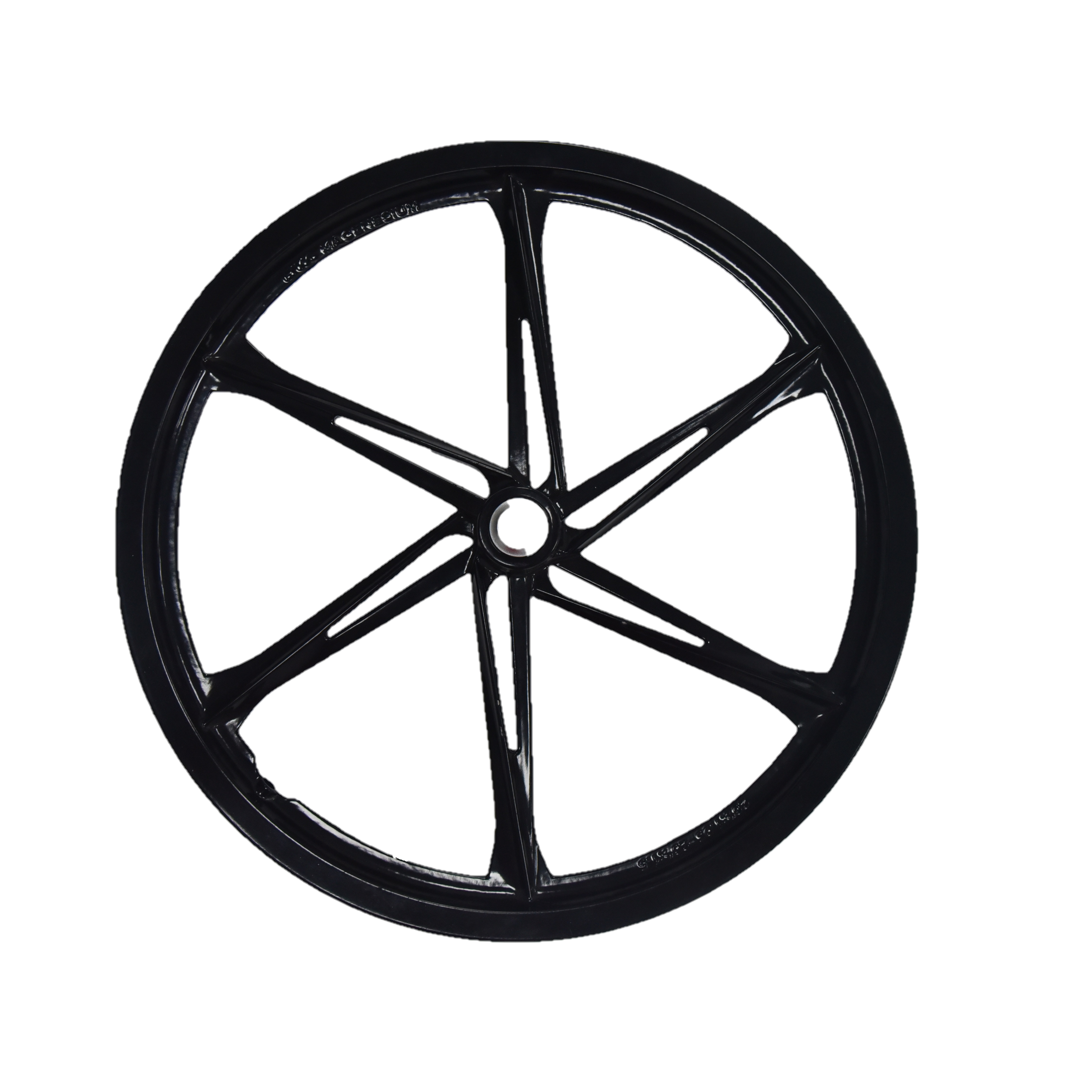Innovation has always been at the forefront of human progress. From the invention of the wheel to the development of smartphones, every breakthrough has been driven by the desire to create something new and better. However, the path to innovation is not always straightforward. It requires trial and error, experimentation, and most importantly, the ability to quickly iterate on ideas. This is where prototype manufacturing plays a crucial role. In this article, we will explore the significance of prototype manufacturing in driving innovation and progress.
Understanding Prototype Manufacturing
Prototype manufacturing is the process of creating a physical model or replica of a product or system before it goes into full-scale production. Prototyping allows designers, engineers, and inventors to test and validate their ideas, identify flaws, and make necessary improvements at an early stage. By creating a tangible representation of their concept, they can gather feedback, refine their design, and ensure that the final product meets the desired specifications.
Prototyping Techniques and Technologies
Over the years, prototype manufacturing has evolved significantly, thanks to advancements in technology and manufacturing techniques. Traditional prototyping methods, such as manual modeling and sculpting, have been complemented by computer-aided design (CAD) and additive manufacturing technologies like 3D printing. These advancements have revolutionized the prototyping process, making it faster, more accurate, and cost-effective.
3D printing, in particular, has become a game-changer in prototype manufacturing. It allows designers to convert their digital designs into physical objects layer by layer, using a range of materials. This technology not only enables rapid prototyping but also offers the flexibility to create complex geometries that were previously challenging to produce. With 3D printing, designers can iterate on their designs quickly and easily, accelerating the innovation process.
The Importance of Rapid Iteration
One of the key advantages of prototype manufacturing is the ability to iterate on designs rapidly. In the traditional manufacturing process, making changes to a product design can be time-consuming and costly. However, with prototyping, designers can make modifications and refinements quickly and efficiently. This agility in the design process allows for a more iterative approach, where multiple versions of a product can be tested and improved upon. By incorporating feedback and learning from each iteration, designers can create a final product that is optimized for performance, functionality, and user satisfaction.
Reducing Time and Cost
Prototype manufacturing not only speeds up the design process but also helps in reducing overall development time and cost. By identifying design flaws and making necessary adjustments early on, prototyping minimizes the risk of errors and costly redesigns during full-scale production. Additionally, it allows for a more efficient use of resources, as designers can validate their ideas without investing in expensive tooling and equipment. By catching potential issues at an early stage, prototyping helps in avoiding costly mistakes and ensures that the final product meets the market demands effectively.
Fostering Collaboration and Communication
Another significant benefit of prototype manufacturing is its ability to foster collaboration and communication among different stakeholders. Prototypes serve as a common visual reference, enabling designers, engineers, marketing teams, and end-users to better understand and provide feedback on the product. By involving stakeholders from various disciplines early in the design process, prototype manufacturing enhances cross-functional collaboration and ensures that all perspectives are taken into account. This collaborative approach leads to a more comprehensive and refined final product, contributing to successful innovation and progress.
Conclusion
Innovation and progress are the driving forces behind human development. Prototype manufacturing plays a vital role in this journey by enabling designers, engineers, and inventors to iterate, refine, and validate their ideas. With advancements in technology and manufacturing techniques, the process of prototyping has become faster, more accurate, and cost-effective. Rapid iteration, reduced time, and cost, as well as enhanced collaboration and communication, are some of the key benefits of prototype manufacturing. As we continue to push the boundaries of innovation, the importance of prototype manufacturing will only grow, contributing to a more innovative and progressive future.
-

- Maqnezium Alüminium Alaşımlı Uşaq Velosipedi 3-8 Yaş Ucuz İsti Satılır 14 düymlük Uşaq Velosipedi FOREVER Topdan Satış 2022
-

- Factory Custom China Bmx Cycles Road Sport Kids Bicycle 12 16 18 20 Inches Cycle Mtb For Kids 6-10 Year
-

- CNC emal avtomatik idarə paneli braketi
-

- Maqnezium ərintisi tökmə Avtomobil hissələri nəzarətçi korpusu
-

- 2022 Topdan Satış İsti Satılan Velosiped Hissələri Maqnezium Alaşımlı Uşaq Velosipedi Pedalsız Balans Velosipedi Uşaqlar üçün Çox Rənglər Mövcuddur
-

- Populyar Uşaq İdman Velosipedi Yüksək Keyfiyyətli Uşaq Balans Velosipedi Uşaq Velosipedi

 0086-750-5616188
0086-750-5616188 +86 13392089688
+86 13392089688 sales@zhongmei-tech.com
sales@zhongmei-tech.com









